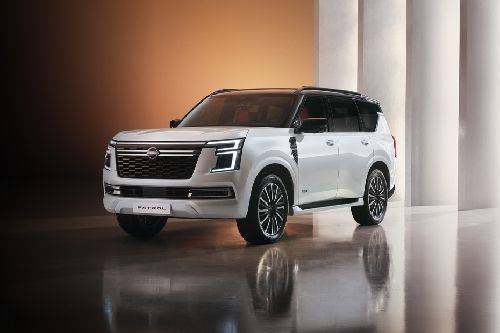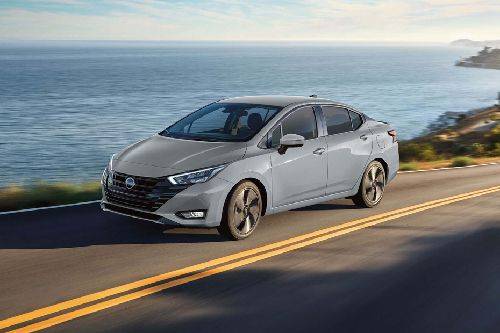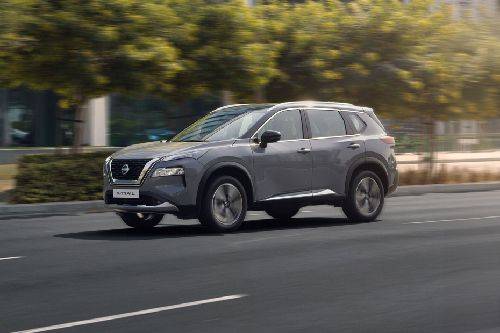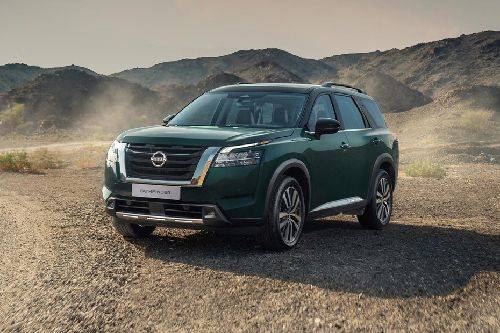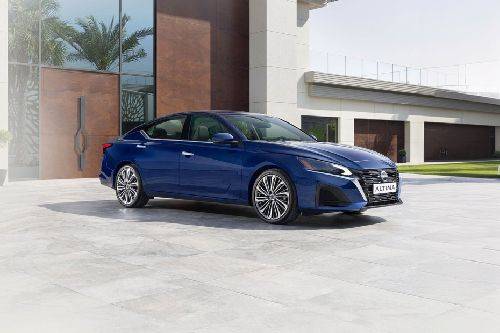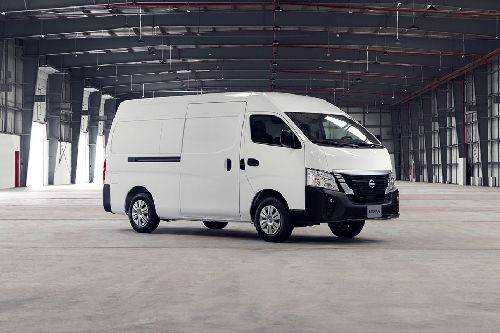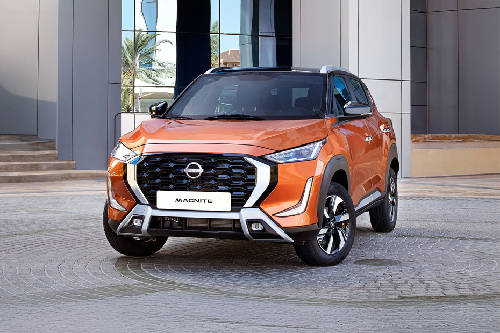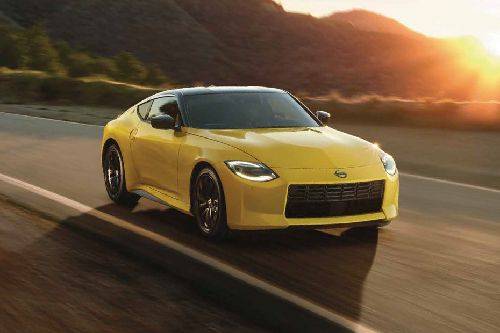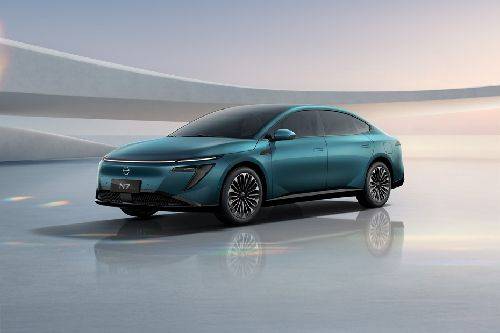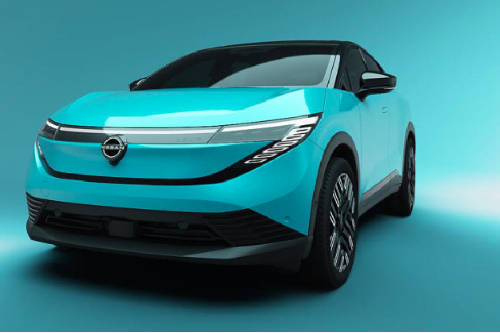Nissan Eyes Saudi Partnership to Navigate Financial Storm

Abu Dhabi : Faced with a global slowdown and rising competition, Nissan is looking to Saudi Arabia's PIF as a lifeline to reshape its future and revive its market strength.
KEY TAKEAWAYS
What is the current state of Nissan's alliance with Renault and Mitsubishi?
Nissan's alliance with Renault and Mitsubishi is weakening due to internal tensions and limited results in global expansion.What are Saudi Arabia's goals in the automotive industry?
Saudi Arabia aims to become a major player in the global automotive market, with a focus on electric vehicle production and manufacturing.- Nissan is in crisis, seeking a new partner to regain stability.
- Its alliance with Renault-Mitsubishi has weakened.
- Saudi Arabia's PIF may become a strategic investor.
Nissan, once a pillar of Japanese automotive success, is facing tough times. Global demand is slowing, and Chinese competitors are gaining ground rapidly. The result: deep financial strain. Traditional alliances are no longer enough.
As Nissan looks for stability and growth, it is now turning its attention to Saudi Arabia's Public Investment Fund (PIF), hoping for a strategic partnership that could help it stay competitive in the rapidly evolving automotive world.
The Breakdown of Old Alliances
Nissan’s long-standing alliance with Renault and Mitsubishi, once seen as a powerful trio, is losing strength. Internal tensions and limited results in global expansion have dulled its effectiveness.
Attempts to forge new partnerships have also fallen short. Talks with Honda failed to move forward, and efforts to involve Foxconn, the global tech manufacturing giant, have yet to produce clear outcomes. This string of setbacks has left Nissan searching for a partner with both capital and strategic intent.
Saudi Arabia's Automotive Push
Saudi Arabia is no longer content to be just a buyer in the global automotive market. The Kingdom is actively working to become a major player. The PIF has already invested $8 billion in Lucid Motors and holds a 60% stake in the electric carmaker.
It also launched Ceer Motors in partnership with Foxconn and aims to make the country a regional centre for EV production. A tie-up with Nissan would support these goals while giving the Japanese automaker access to new resources and markets.
What Nissan Gains and Needs
- Access to fresh capital from PIF.
- Technical partnerships without losing company control.
- Production support through Foxconn.
- Entry into the MENA EV market.
- Possible shift in manufacturing bases.
A partnership with PIF could offer Nissan the ability to stabilise its operations, expand into new regions, and benefit from lower manufacturing costs in the Kingdom.
Challenges Beyond the Boardroom
However, a Saudi deal won’t come easy. Japan’s government remains sensitive to foreign ownership in its core industries, especially autos, which are seen as symbols of national pride and economic strength. Regulatory approval would be needed on both ends.
The partnership would have to be carefully structured to avoid political backlash and protect Nissan’s corporate independence while still meeting Saudi Arabia’s industrial ambitions.
A New Chapter for the Industry?
If successful, this potential deal could reshape not just Nissan’s future but also the broader auto industry. It would solidify Saudi Arabia’s role as a serious force in global car manufacturing. For Nissan, it could be the revival strategy it needs—one that blends cash, vision, and a foothold in the next big EV market.
Nissan’s move toward Saudi Arabia's PIF is more than a financial lifeline—it’s a bet on a future built around EVs, regional partnerships, and bold strategy. If it works, both players could walk away stronger.
Nissan Car Models
Automotive News and Reviews
- Latest
- Popular
You might also be interested in
- News
- Featured Stories
Featured Car
- Latest
- Upcoming
- Popular

